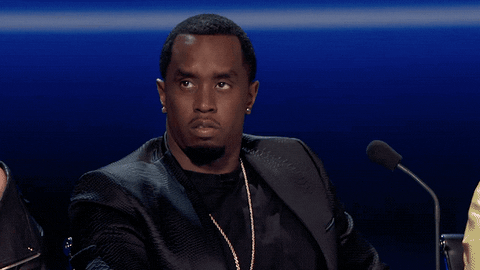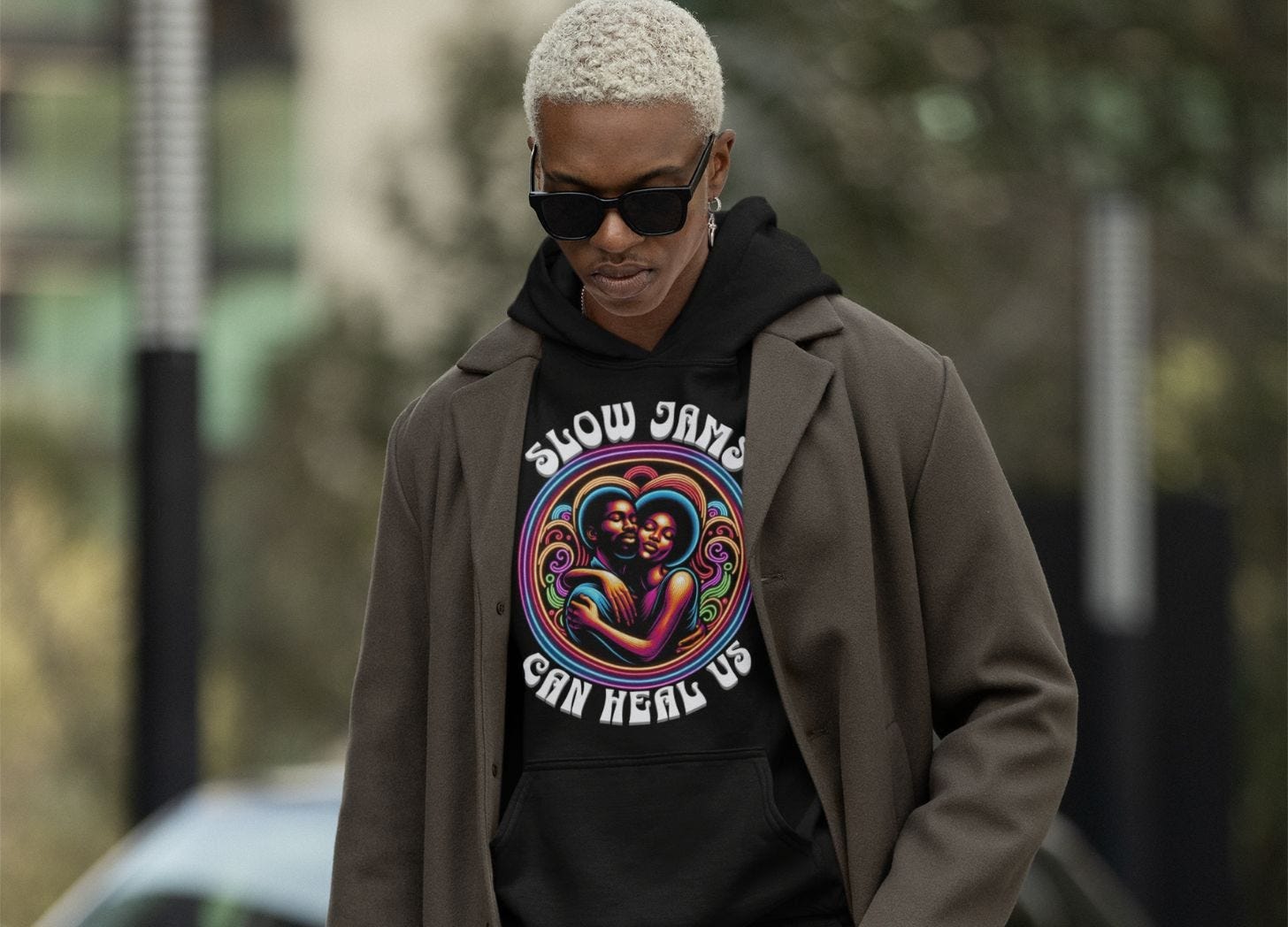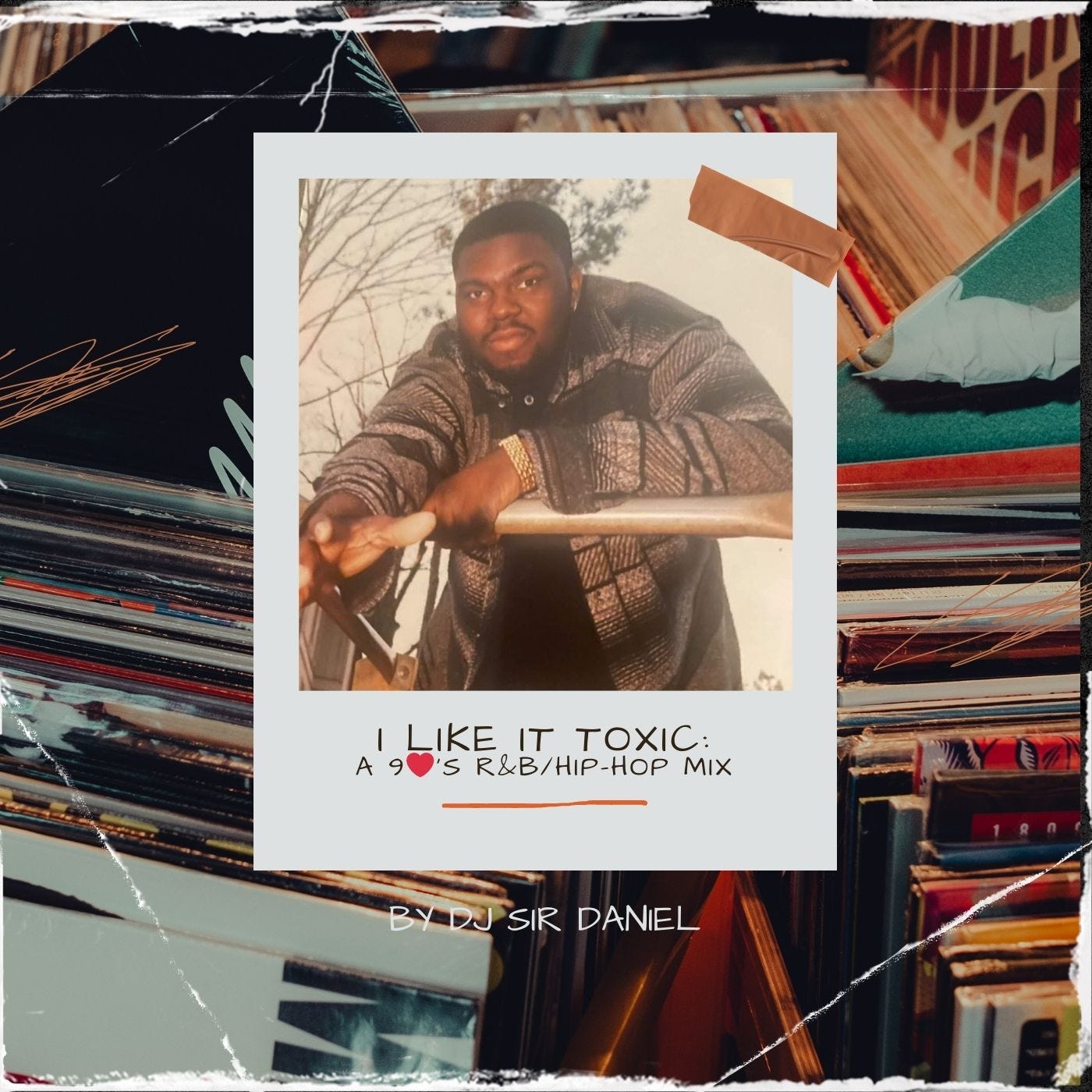I Like It Toxic: Trauma Bonds of the Rich & Famous
Hey yo, baby, I know you don't love me I know why you're here But I ain't sayin' nothin'
Greetings friend! I know it’s been a while since my last newsletter and quite frankly, I haven’t been very inspired to write or even hop behind the turntables. But, it was February the month we celebrated Black History and more importantly, love. I started listening to records from the 90’s in particular that focused on the emcee expressing their idea of love & relationships. February 1993, Brand Nubians released “Love Me or Leave Me Alone” from their sophomore album In God We Trust. The accompanying video finds the band members navigating through rooms of concubines due to their new found fame.
“...Seems the only time we're not in a fight
Is when I'm layin' the pipe
You don't want me to bone another chick
Quick to claim my name and my dick
But when I tell you get off the swine and get refined
You act like you're blind and you lost your damn mind”
Archaic and slightly oppressive lyrics? Well, yes! But we, men & women alike ate that up. Love became a quid pro quo, transaction fest exaggerated on the Ricki Lake Show or Jerry Springer. But it was the 90’s and we were supposed to be our ancestors' wildest dreams: highly educated, more earning potential and the influencers of America’s greatest export, entertainment.
Trauma bonds, rooted in the field of psychology, describe intense emotional connections formed between individuals who have experienced shared or similar traumatic events. These bonds often manifest in relationships characterized by unpredictability, high intensity, and a mix of affection and distress. Individuals may find themselves drawn to others who mirror past traumas, perpetuating a cycle of dysfunction and emotional turbulence. Understanding trauma bonds is crucial for breaking the cycle of unhealthy relationships and fostering healing. It is important to recognize that individuals who become predators or engage in harmful behavior may themselves have experienced trauma, and their actions may be a coping mechanism or a result of their own victimization. Acknowledging the complexity of these dynamics is essential for addressing the root causes and promoting empathy and support for all individuals involved in such relationships.
At this very moment, the culture is unraveling and quickly needing to reassess its identity inside out. Maybe this is a moment to reestablish a moral code or at least dismantle a very ugly, predatory system that seems to only benefit a few. “Hater-ation” is all time high despite the pleas of Mary J. Blige. Social media has set the stage for everyone from comedians to spurned lovers to air their grievences with each other. The disease to be “Right” is an epidemic and no one has the capacity to listen with empathy, so what are we doing here? Where is the love?
I don’t want to bore you because it’s making me sad. What I would like for you to do is support a movement Jay Ray and I started on Queue Points Podcast: SLOW JAMS CAN HEAL US
Music has scientifically proven benefits that can heal our bodies on a cellular level and now more than ever, the world needs love. If you would like to support the SLOW JAMS CAN HEAL US movement, purchase something from our Queue Points Store .
I’d like to do something special for (3) three of my subscribers. Go listen to my new mix I Like It Toxic: A 90’s R&B/Hip-Hop Mix and follow these simple instructions:
Email me at djsirdaniel@queuepoints.com with the names of the correct number of songs in the mix that features Mary J. Blige
Subscribe to my MixCloud and Queue Points on YouTube
I will personally send you a SLOW JAMS CAN HEAL US t-shirt. Well that’s all folks! I’m sending my love to ya, praying that you are home and sealing it with a kiss. Peace!






